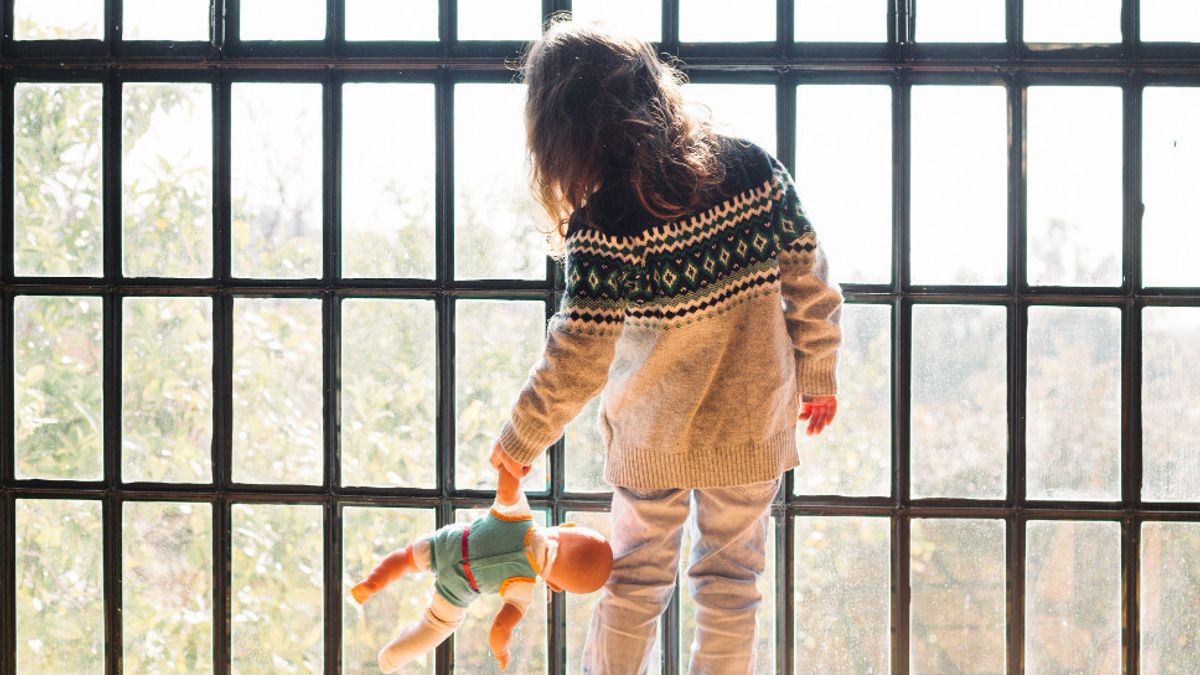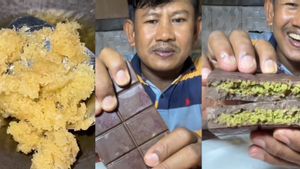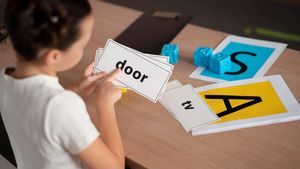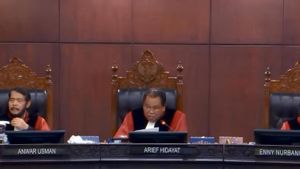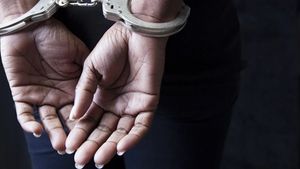YOGYAKARTA - Children in conflict with the law (ABH) cover three categories, namely children as perpetrators of criminal acts, as victims of criminal acts, and as witnesses in criminal cases. In the context of criminal law, the child in question is an individual under 18 years of age and is not married.
The treatment related to legal activities against children is an important concern, considering that they are in a phase of mental, emotional, and social development. So what are the rules for children dealing with the law in the judiciary in Indonesia?
Provisions regarding Children dealing with law (ABH) are contained in Article 1 paragraph (2) of Law No.11 of 2012 concerning the Juvenile Criminal Justice System. This article explains that ABH is a child who is in conflict with the law, becomes a victim of law, and as a witness to criminal acts.
Referring to the article above, here is an explanation from the category of children in conflict with the law:
The juvenile criminal justice system in Indonesia is specially designed to protect children's rights in conflict with the law. In Law Number 11 of 2012 concerning the Juvenile Criminal Justice System (SPPA), it is emphasized that children who are perpetrators of criminal acts must be treated with a restorative justice approach.
This approach aims to provide protection and guidance, not merely punishment. This system takes into account the best interests of children, prioritizing mediation, rehabilitation, and social reintegration.
Under SPPA, the legal process for children is different from the adult criminal justice system. There are special stages and mechanisms, ranging from diversion (resolution of cases outside the court) to the implementation of educational sanctions.
SEE ALSO:
Diversion is the main step in dealing with cases of children in conflict with the law. This process aims to resolve cases outside the court route through mediation between the perpetrators, victims, and other related parties.
Diversion can be carried out at the stage of investigation, prosecution, or trial. This provision is regulated to prevent children from being trapped in a negative stigma due to a formal judicial process.
If the diversion does not reach an agreement, the child's case will proceed to court. The child court has a special judge who is trained to handle child cases with a more humane approach. The trial is conducted behind closed doors to protect the child's identity.
Sanctions imposed on children prioritize the aspects of education and coaching. For example, coaching in social welfare institutions or participating in certain skills training programs. Prison is only the last option and must be done in a special child institution.
In every stage of the legal process, children have rights that must be protected, such as:
That is the explanation of children dealing with the law in the judiciary in Indonesia. The juvenile criminal justice system in Indonesia provides a more humane approach in dealing with children who are in conflict with the law. Also read the criminal procedural legal process carried out in Indonesia.
Stay up to date with the latest domestic and other overseas news on VOI. We present the latest and updated information nationally and internationally.
The English, Chinese, Japanese, Arabic, and French versions are automatically generated by the AI. So there may still be inaccuracies in translating, please always see Indonesian as our main language. (system supported by DigitalSiber.id)
